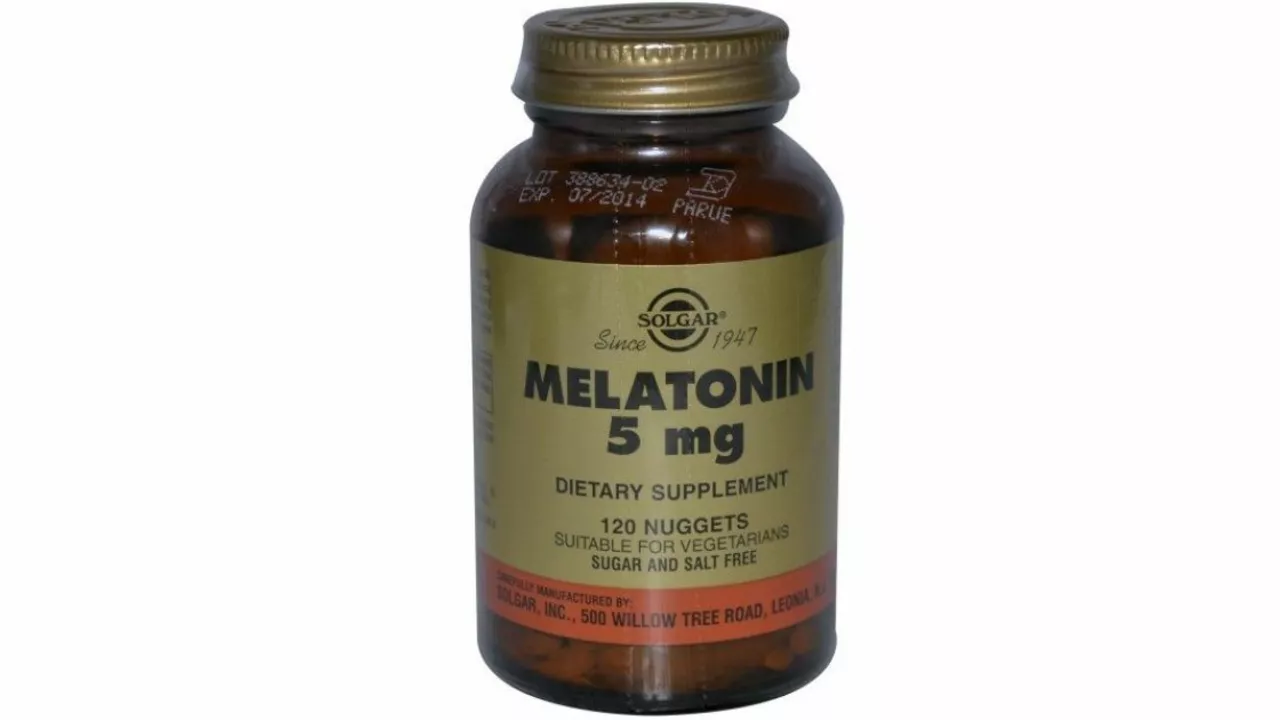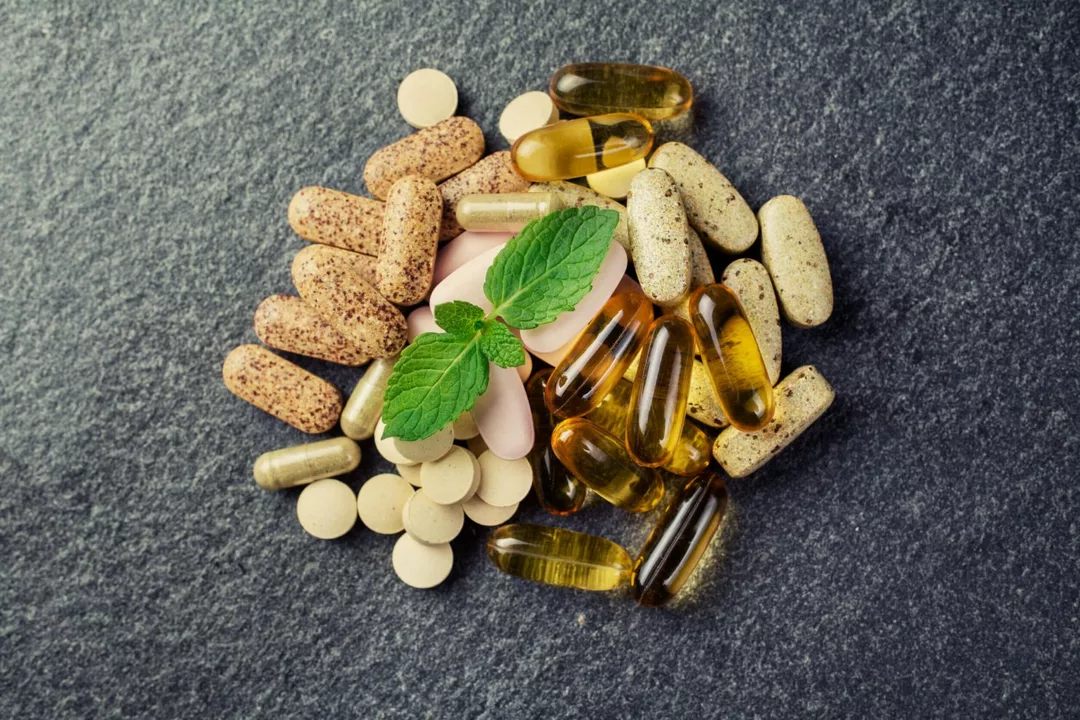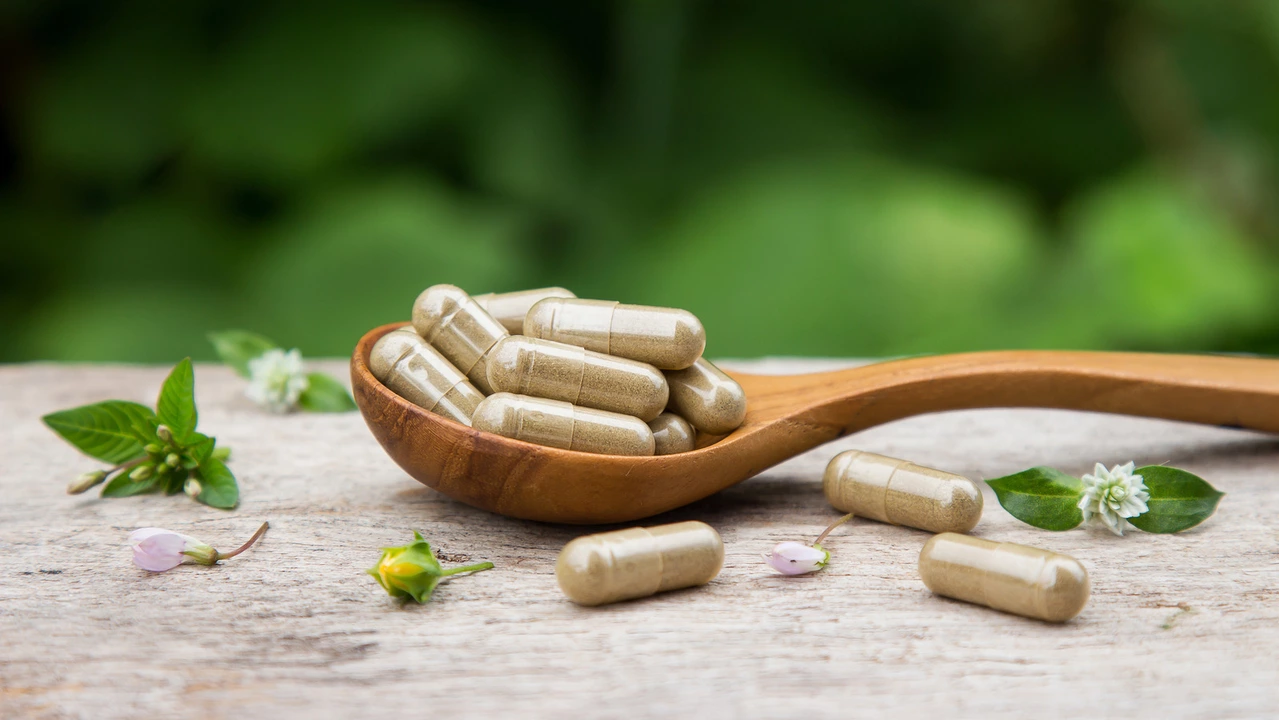You probably have a bottle in your cupboard — vitamin D, fish oil, or a multivitamin. Supplements can help fill gaps, but they can also cause harm if used without thinking. This page gives clear, useful tips so you can pick supplements that actually help and avoid the costly or risky ones.
Start with a reason. Ask: what am I trying to fix? Fatigue, low vitamin D, joint pain, or sleep? Match the product to the specific need. If you don’t know the cause, get a simple blood test or talk to a clinician first.
Look for third-party testing. Labels like USP, NSF, or ConsumerLab mean the product has been tested for purity and accurate dosing. That doesn't prove it works, but it reduces the chance of contamination or fake ingredients.
Read the label. Check active ingredients and their amounts — not just the list of herbs. Avoid products that hide doses inside a “proprietary blend.” If the bottle makes big claims like “cures” or “overnight results,” close the tab.
Buy from trusted places. Prefer pharmacies, well-known retailers, or brand websites with clear contact details. If a site offers impossible prices or pressure to buy now, step back. Scams are common with weight-loss and sexual-performance supplements.
Start small. Try one supplement at a time for a few weeks so you can notice any benefits or side effects. Keep a short log: dose, time of day, and any symptoms. If something feels off — stomach pain, rashes, dizziness — stop and check with a healthcare provider.
Watch for interactions. Supplements can change how drugs work. For example, St. John’s wort affects many antidepressants and birth control, fish oil can thin blood when taken with blood thinners, and high-dose vitamin E can be risky in some conditions. Always tell your doctor or pharmacist about any supplements you take.
Dose matters. More isn’t always better. Some nutrients like vitamin D, B6, and iron can cause problems at high doses. Stick to recommended doses unless a clinician advises otherwise.
Real-world picks: vitamin D is useful if your levels are low; omega-3 fish oil may help heart health and joint pain in some people; probiotics can help after a round of antibiotics. Herbs like turmeric and ginseng show promise for some uses, but results vary and quality matters.
Store supplements properly — cool, dry place, out of reach of kids. Check expiration dates. Report any bad reactions to your doctor and to local health authorities when you suspect a harmful product.
Want to be sure? Get a basic blood test, ask a clinician about gaps, and choose tested brands. That small step will save money and reduce risk while you get the real benefits supplements can offer.

In my recent exploration of dietary supplements, I stumbled upon Eyebright, a hidden gem for eye health. This amazing plant is packed with antioxidants and anti-inflammatory properties that can help protect our precious peepers. From aiding in soothing eye irritations to potentially slowing the progression of eye conditions like cataracts and macular degeneration, Eyebright is definitely a must-have in our health regimen. I was particularly impressed by its ability to support overall eye health and vision. So, if you're looking to give your eyes some extra care, Eyebright could be an excellent supplement to consider.

I recently came across an incredible dietary supplement called Laburnum that has truly changed my perspective on health and wellness. This ultimate supplement is packed with numerous health benefits, such as boosting immunity, improving digestion, and promoting overall well-being. The natural ingredients in Laburnum make it a safe and effective option for those looking to enhance their daily routine. Since incorporating Laburnum into my lifestyle, I've noticed a significant improvement in my energy levels and general health. I highly recommend giving Laburnum a try to unlock its amazing secrets for yourself!

I recently discovered the magic of Shea Butter and I just had to share it with you all! Shea Butter is not only a fantastic moisturizer for our skin, but it can also be a nutrient-packed dietary supplement. This amazing product is derived from the nuts of the Shea tree and is loaded with vitamins A, E, and F, as well as essential fatty acids. Not only does it promote healthy skin, but it also offers anti-inflammatory and antioxidant benefits, making it an ideal addition to our daily routine. I encourage everyone to try Shea Butter and experience its magical properties for themselves!

I recently came across the amazing benefits of adding Squawvine to my daily supplement routine and I just had to share the top 10 reasons with you all. Squawvine is a natural herb that offers various health benefits, such as improving digestion, boosting the immune system, and enhancing overall well-being. It's also known to alleviate menstrual discomfort and support a healthy pregnancy. I've been taking Squawvine supplements for a while now and have noticed a significant improvement in my health. I highly recommend giving this powerful herb a try and incorporating it into your daily regimen.